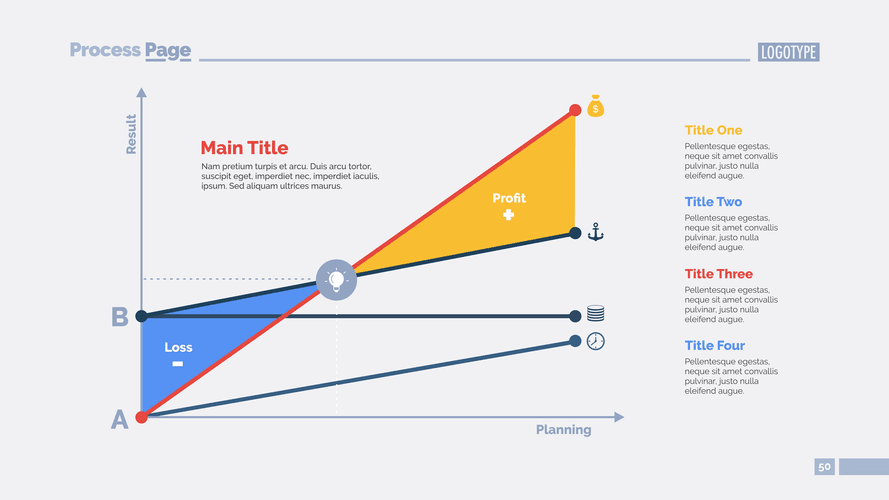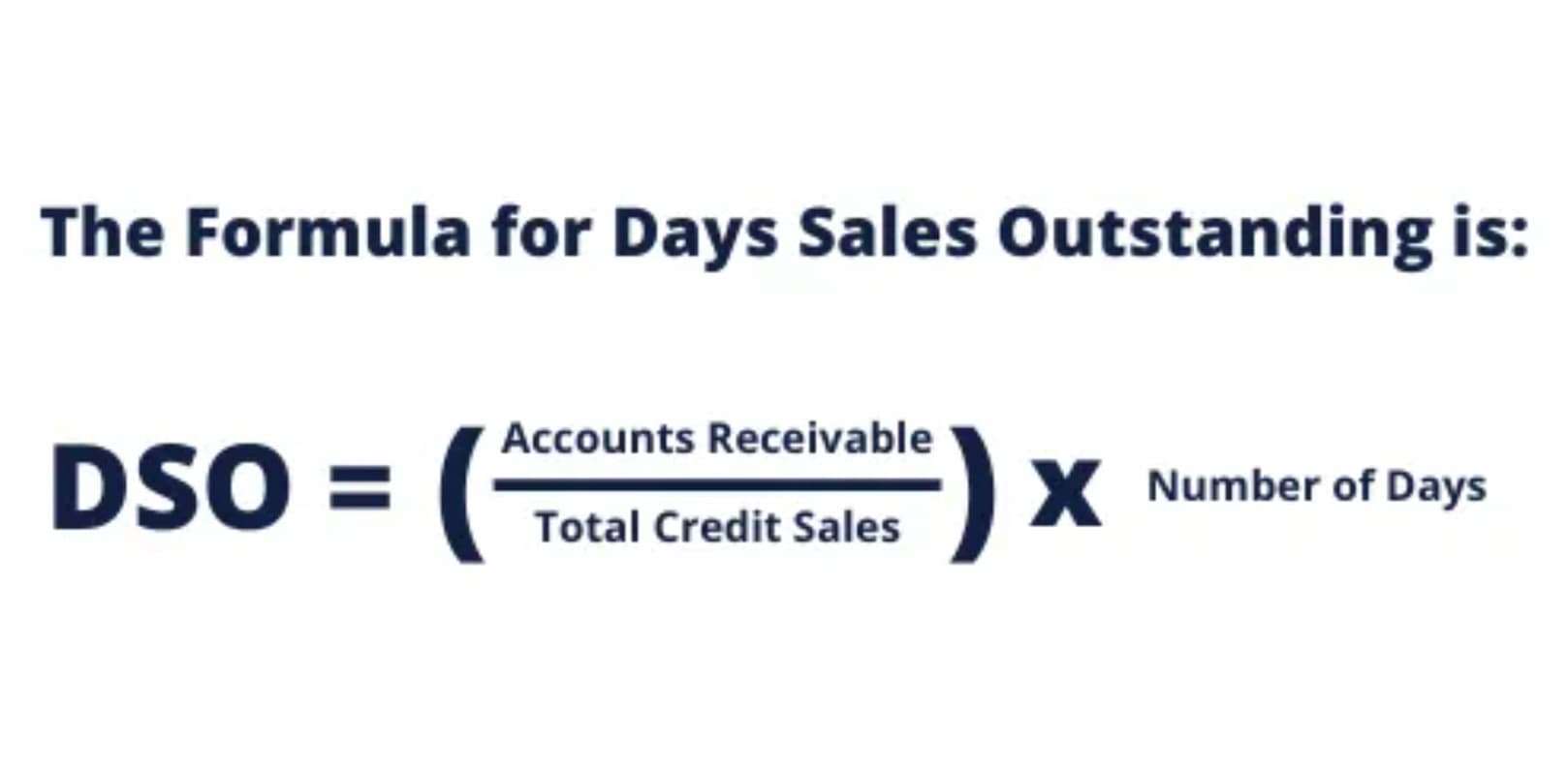
Besides, this frees up time so you can focus on running your business smoothly. Check out our recent piece on the best accounting software for small businesses. Accounting is the process of keeping track of all financial transactions within a business, such as any money coming in and money going out. It’s not only important for businesses in terms of record keeping and general business management, but also for legal reasons and tax purposes. Though many businesses leave their accounting to the pros, it’s wise to understand the basics of accounting if you’re running a business. To help, we’ll detail everything you need to know about the basics of accounting.

What Are the Best Practices for Maintaining Accurate Financial Records?
Coursera’s editorial team is comprised of highly experienced professional editors, writers, and fact… If you want to estimate your tax bill from freelancing, check out our 1099 tax calculator. Accurate invoicing is the key to getting paid in a timely and organized manner. Stay organized throughout the year, instead of scrambling at the end during tax season. One of the last things you’ll do after closing out your books for the year is file forms with the IRS. If you have employees, you’ll need to send them and the IRS W-2 forms.
- With a certified bookkeeper designation, you are qualified to perform all critical functions through the adjusted trial balance and basic payroll for small to medium-sized businesses.
- Manage your business and personal finances with these five financial planning templates.
- And remember, before you can open any business accounts, you must have a registered business name.
- Find out more on bookkeeping accounting skills, how to earn accounting degrees and bookkeeping certifications, getting jobs, salary expectations, and more.
- There are numerous software options for small businesses, with QuickBooks and FreshBooks being two of the most popular.
- Accounting concepts build on one another, so investing time in deeply understanding each one before moving on will build a strong foundation for learning more advanced principles.
- Accounting is the process of recording, classifying and summarizing financial transactions.
Outsourcing Accounting Services for Small Businesses
I’ve also learned to pre-invoice accounts to speed up cash flow and reduce the chances of delays. You can use many different tools to delve into the details of your company’s financial picture during each accounting cycle. It’s a financial accounting consulting statement that shows your assets, liabilities, and equity at a given point in time. You may handle payroll functions as a bookkeeper, keep tax withholding records, and issue paychecks or send information to a contracted payroll service.

What if I want to know how much I’ll owe in taxes?
Fees for incorrect tax filing or messy bookkeeping can be high, not to mention the time you spend in correcting errors. Just as you may reconcile your personal checking account, you need to know that your cash business transaction entries are accurate and that you are working with the correct cash position. After recording transactions, you’ll want to keep copies of your invoices and all receipts.
You can find more information about how tax organizations are using technology here.
- We cover the top questions to ask an accountant to arm you with the info you need to make better business decisions.
- Nothing feels better than that first online sale, but as your business grows, so will your admin.
- Accounting helps a business understand its financial position to be able to make informed decisions and manage risks.
- For example, if my business earned $50,000 in revenue over a quarter but had $30,000 in expenses, my income statement would show a net profit of $20,000.
- As a small business owner, you might think that increasing revenue is the only way to grow your business.
According to the US Bureau of Labor Statistics (BLS), most bookkeepers can learn the profession’s basics in about six months [3]. Once you become a qualified bookkeeper, you can work as a permanent employee or freelancer. If you think you should be paying quarterly taxes, use our quarterly tax calculator to figure out how much your payments should be (or if you should even make them).
Invest In Excellent Accounting
If you have employees, you likely need to run payroll weekly, but your pay period may also fall into a different category, such as bi-weekly or semi-monthly. You’ll want to process payroll on your set dates and research your payroll tax requirements, which can differ for each business. You’ll want to do invoicing weekly in most cases, although some businesses may invoice monthly or as they make credit sales. Unless you have a very small volume of transactions, it’s better to organize separate files for assorted receipts weekly or as they come in. Most accounting software lets you scan paper receipts and avoid physical files altogether. You’ll want to gather and record all your transactions, usually weekly, but you can do this daily or bi-weekly, depending on your volume.


























